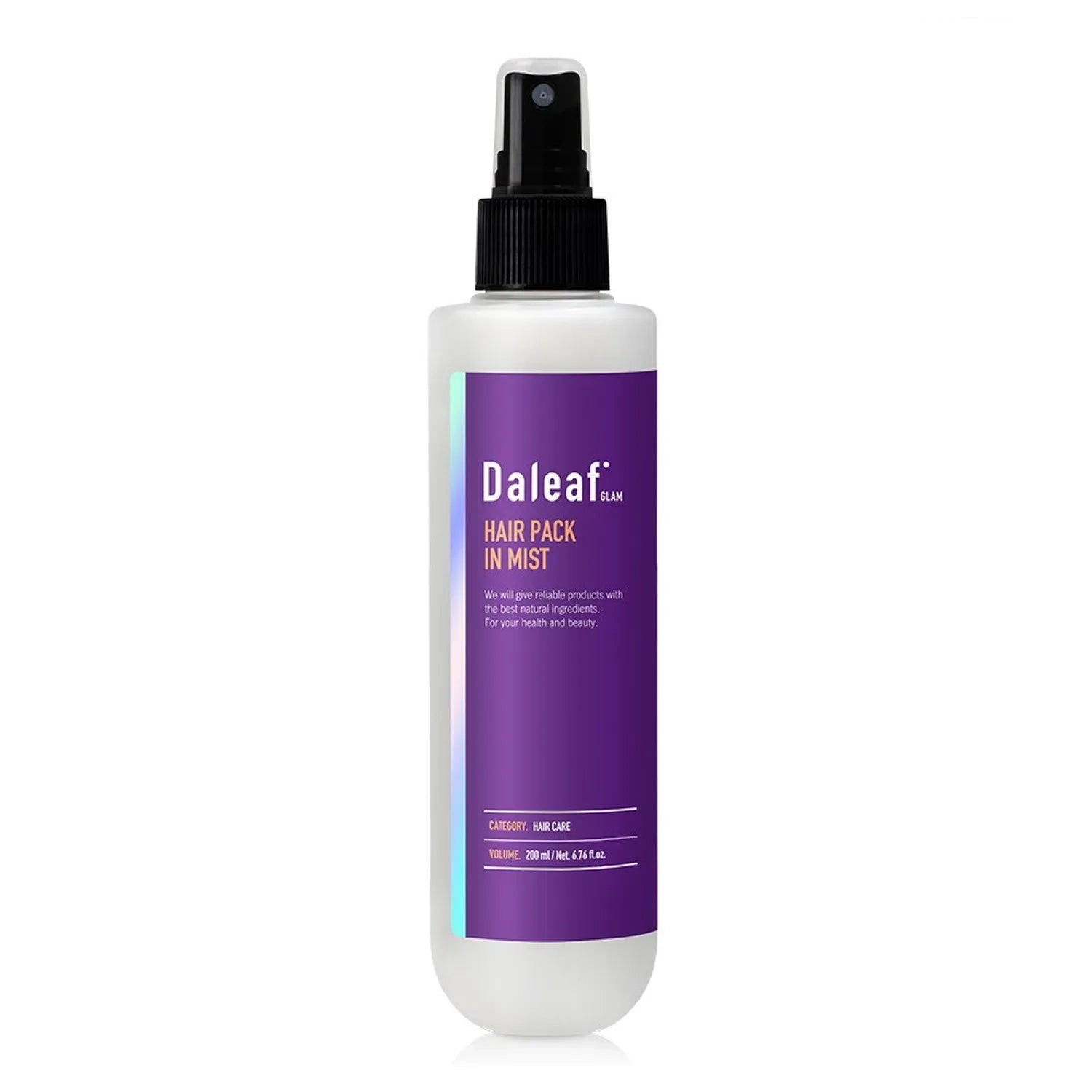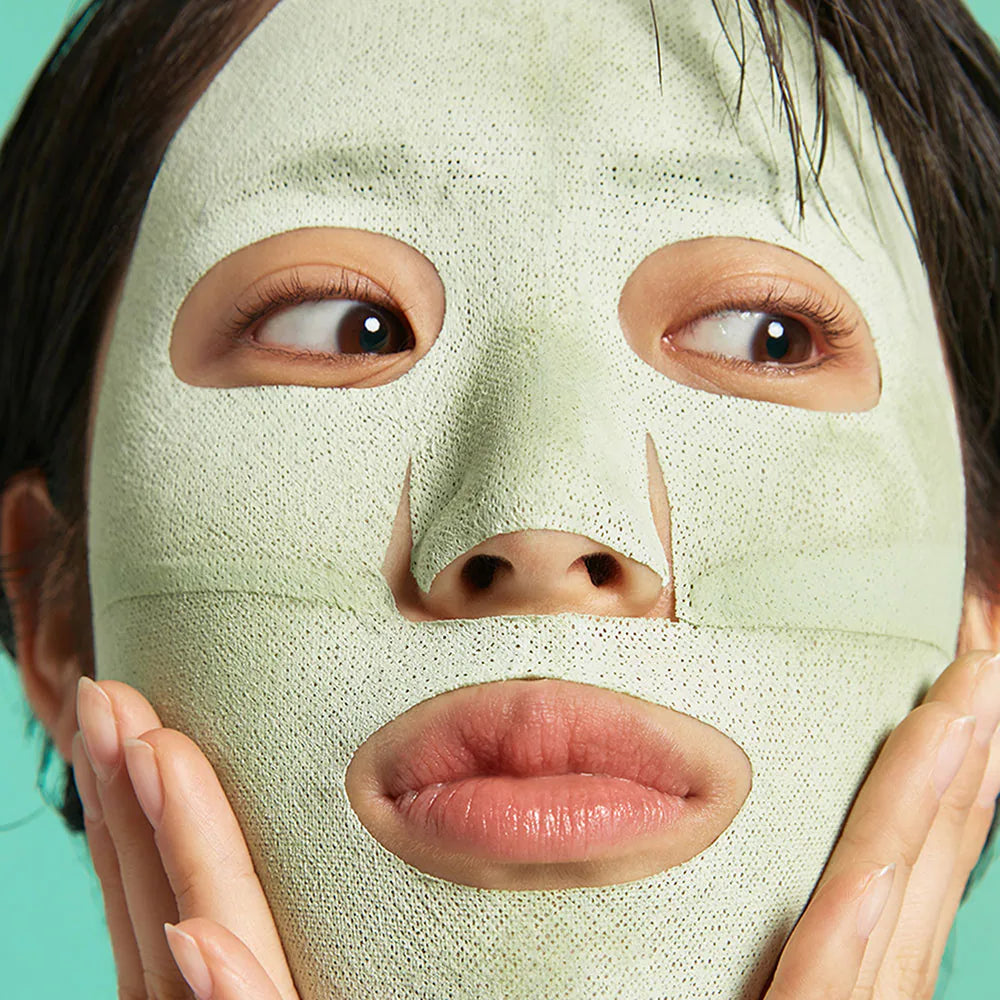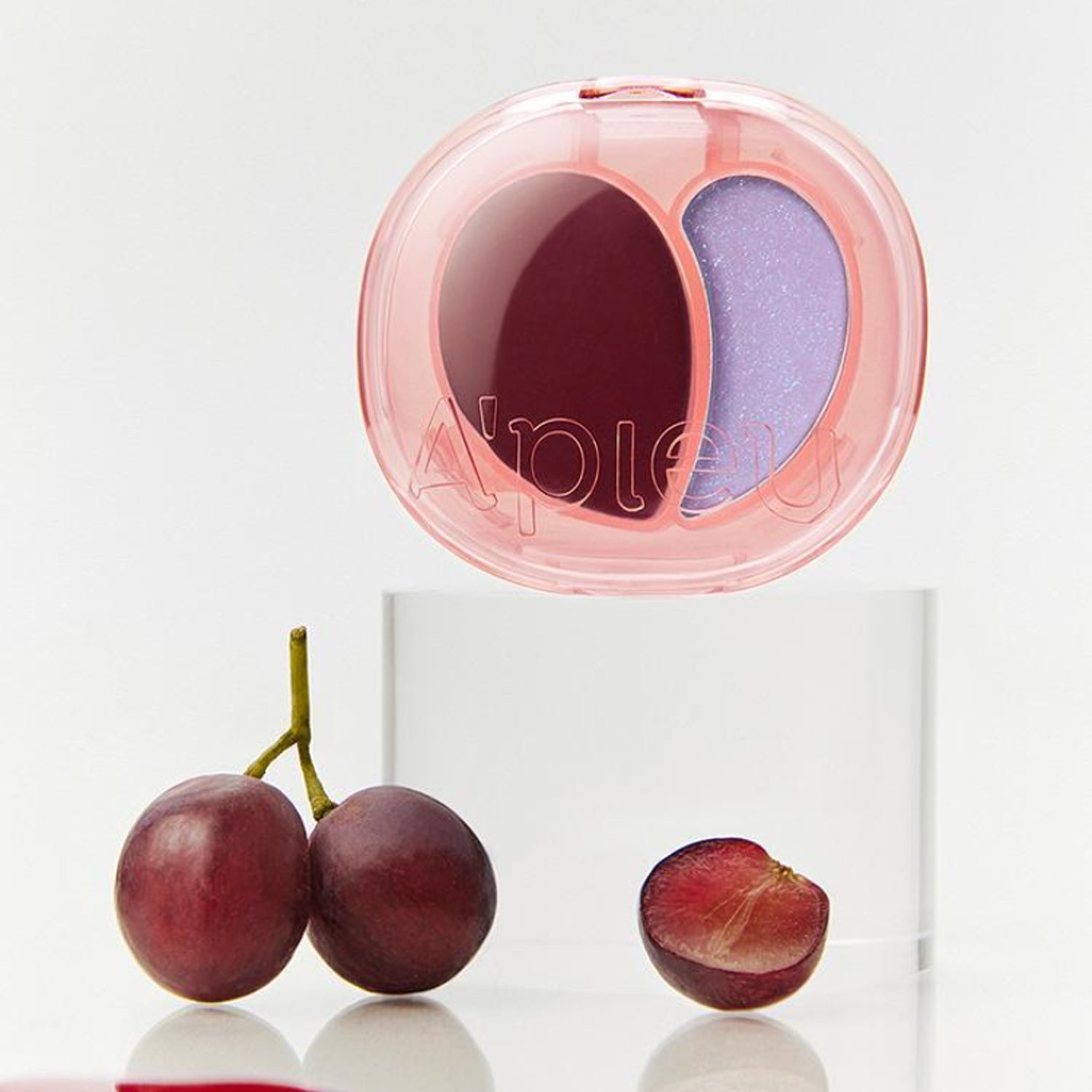When your skin feels unpredictable
Oily and acne-prone skin can be a rollercoaster. One week it behaves, the next it’s shiny, congested, and breaking out in places you didn’t expect. The instinct is to strip everything, scrubs, harsh cleansers, strong spot treatments, hoping to dry it out.
But that approach usually backfires.
Instead of clearing your skin, it leaves you dehydrated, irritated, and produces even more oil.
The K-beauty perspective takes a different path:
Support the skin instead of attacking it.
Soothe inflammation, hydrate with lightweight layers, and protect the barrier.
One of the simplest (and most enjoyable) tools?
A well-designed sheet mask.
Why this matters
Acne isn’t just about oil, it’s a multi-step cycle:
- Excess sebum from hormones, stress
- Clogged pores from dead skin build-up
- Bacteria grow inside blocked pores
- Inflammation that leads to redness and swelling
Harsh stripping disrupts the barrier and dehydrates the skin.
Dehydrated skin produces more oil to compensate, and the cycle continues.
Sheet masks help interrupt this loop.
They hydrate, calm, and support barrier repair, helping the skin settle into balance rather than chaos.
What is sheet masking, really?
Sheet masks aren’t quick fixes, they’re like targeted tools.
Think of them as specialised treatments:
Some calm flare-ups; others help healing; others replenish lost hydration after strong activities.
Quick glossary
- BHA (salicylic acid): Oil-soluble exfoliant for unclogging pores
- Centella (Cica): Soothes inflammation + speeds repair
- Heartleaf: Anti-inflammatory herb loved in K-beauty
- Niacinamide: Regulates oil + strengthens barrier
- Snail mucin: Hydrates + supports post-blemish fading
- Hyaluronic acid: Lightweight water hydration
Ingredients that help
Clarifying
- Salicylic Acid (BHA)
- Tea Tree
Soothing
- Centella Asiatica
- Heartleaf (Houttuynia)
Repairing + oil control
- Niacinamide
- Snail Mucin
Lightweight hydration
- Hyaluronic Acid
The best Korean sheet masks for oily, acne-prone skin
For breakout emergencies
MEDIHEAL Tea Tree Essential Mask
Tea tree + centella calms redness and minimises active pimples quickly.
Great for pre-event flare-ups.

For redness + sensitivity
Abib Gummy Sheet Mask Heartleaf Sticker
The microfiber sheet hugs skin so the heartleaf essence absorbs fully.
Ideal when you’re irritated all over.

For healing post-acne marks
Benton Snail Bee High Content Mask
Snail mucin + niacinamide helps fade post-inflammatory marks and speed recovery.

For daily calming
Medicubee Super Cica Daily Quick Mask
Centella-rich formula helps reset skin and maintain hydration.

For dehydration
Dr Jart+ Dermask Soothing Hydra Solution
Not acne-targeted, but excellent support. Allantoin, beta-glucan, and panthenol restore comfort after active treatments.

How to use sheet masks effectively
Prep
Cleanse gently. Apply toner for better absorption.
Mask
15–20 minutes is enough.
Do not leave it on until dry, that can pull moisture back out.
Seal
Pat in extra essence.
Follow with a lightweight moisturiser.
Frequency
- Soothing masks → 2–3× weekly (even daily if needed)
- Clarifying → 1–2× weekly max
- Repair masks → Several days post-breakout
Building your masking wardrobe
There’s no single “best” mask.
The smartest approach is to choose a few options based on how your skin behaves:
- Breakout mode → MEDIHEAL Tea Tree
- Very irritated → Abib Heartleaf
- Post-acne recovery → Benton Snail Bee
- Every day calming → medicube Cica
- Thirsty + irritated → Dr Jart+ Hydra Solution
Pair them with gentle daily care, cleanser, barrier-friendly moisturiser, sunscreen, and your skin becomes easier to manage.
The bottom line
Oily, acne-prone skin doesn’t need harshness.
It needs balance, hydration, calming care, and thoughtful ingredient choices.
Sheet masks offer a simple way to deliver exactly that, helping your skin feel less like a battlefield and more like a conversation.
Patience > punishment.
Consistency > intensity.
A little heartleaf and cica go a long way.







